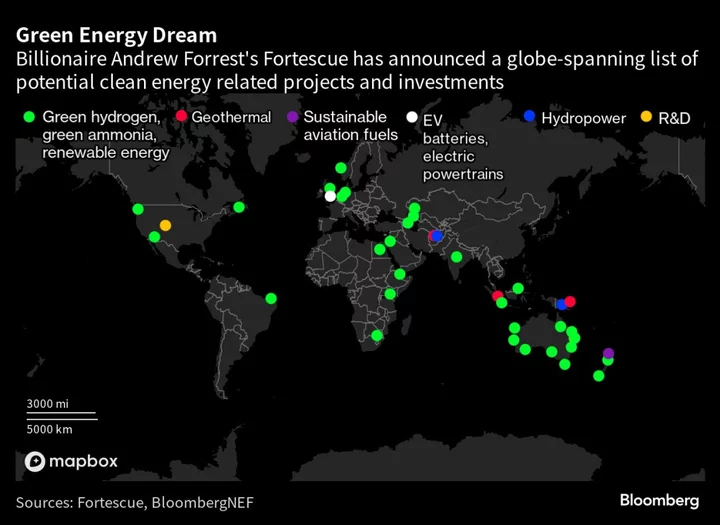
Forrest’s Fortescue Begins $750 Million Clean Energy Shift
Billionaire Andrew Forrest’s Fortescue Metals Group Ltd. approved $750 million of investments in an initial slate of three
2023-11-21 09:27
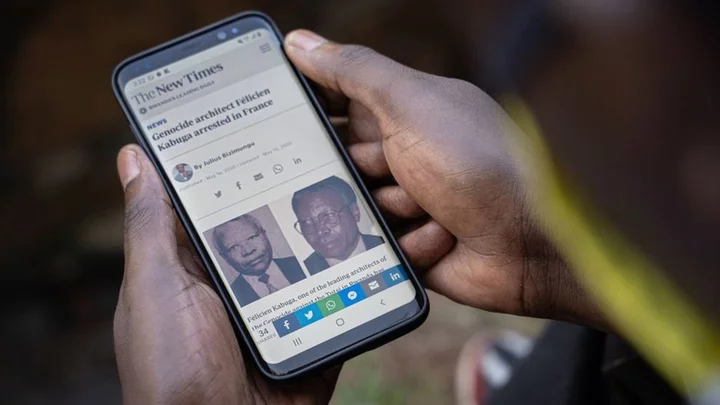
Rwanda media guide
An overview of the media in Rwanda, including links to broadcasters and newspapers.
2023-07-31 16:54

The Legend of Zelda: Tears of the Kingdom won't be getting any DLC
'The Legend of Zelda: Tears of the Kingdom' producer Eiji Aonuma says players can continue to "enjoy the cast world of Hyrule" but no new elements will land.
2023-09-14 20:19
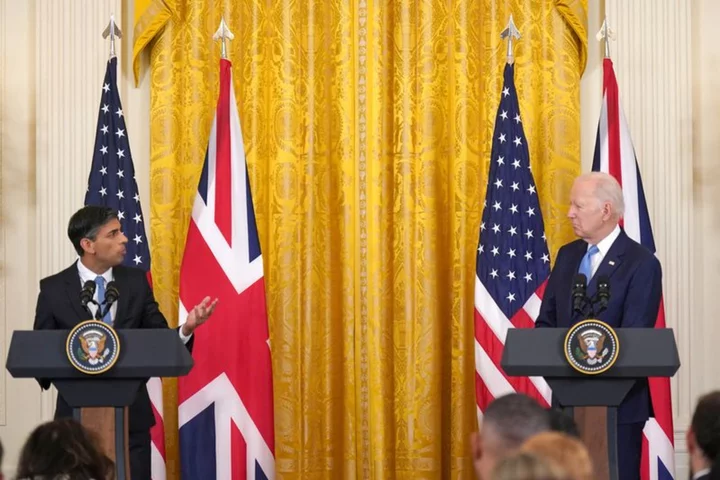
US and UK back new 'Atlantic Declaration' for economic cooperation
WASHINGTON/LONDON Britain and the United States backed a new "Atlantic Declaration" on Thursday for greater cooperation on pressing
2023-06-09 04:22
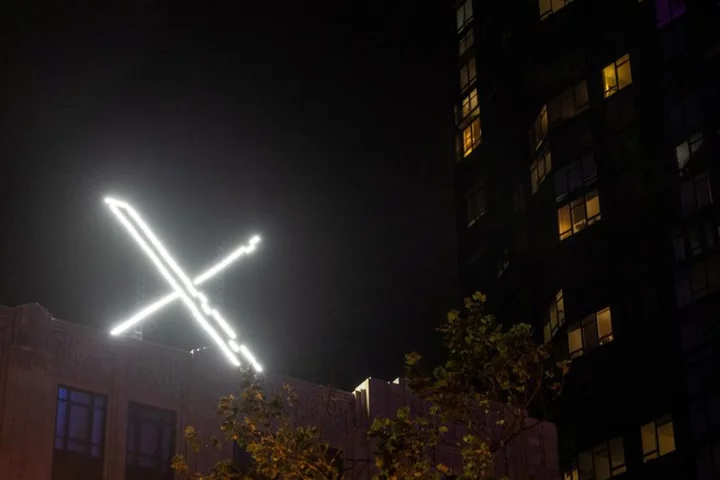
Elon Musk's X Corp sues California to undo content moderation law
By Jonathan Stempel Elon Musk's X Corp sued California on Friday, challenging the constitutionality of a state law
2023-09-09 05:28

Adtran expands ALM with deep PON assurance for FTTX network monitoring
HUNTSVILLE, Ala.--(BUSINESS WIRE)--Jul 12, 2023--
2023-07-12 20:26

Yamaha Video Sound Bar Certified for Microsoft Teams
HAMAMATSU, Japan--(BUSINESS WIRE)--Jun 15, 2023--
2023-06-15 16:17
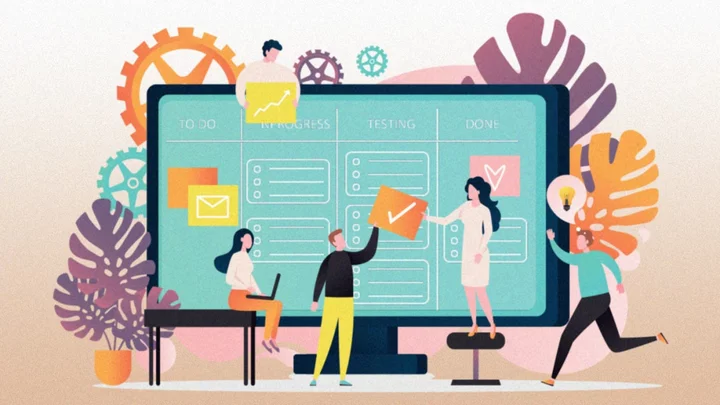
The Best Project Management Software for 2023
Let's say you're building a house. It's a complex process and some tasks must be
2023-06-30 22:49

Accenture Federal Services Wins $329 Million USAID Enterprise Information Assurance Contract
ARLINGTON, Va.--(BUSINESS WIRE)--Jun 6, 2023--
2023-06-06 21:29

Options Chosen as Primary Market Data Provider for GO Markets' Expansion into Asian Markets
LONDON & NEW YORK & HONG KONG--(BUSINESS WIRE)--Aug 9, 2023--
2023-08-09 18:21

Microsoft’s Product Chief Is Exiting Software Giant
Microsoft Corp. said its chief product officer is leaving, a significant departure for the company’s hardware division. Panos
2023-09-18 23:52
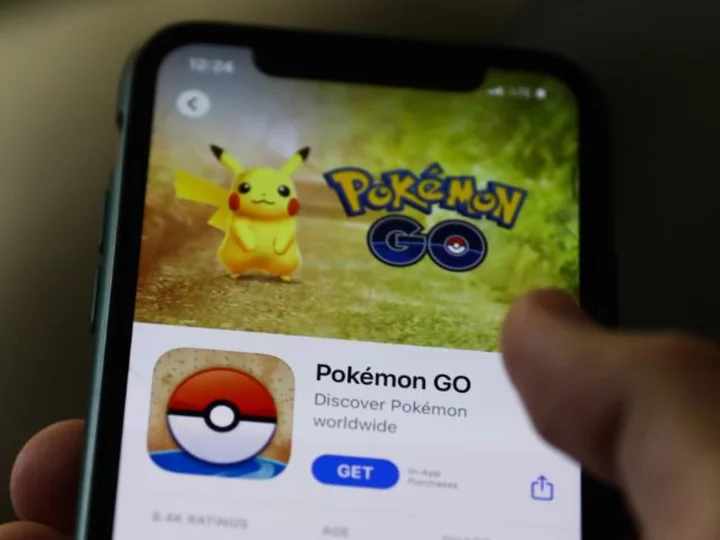
Pokemon Go maker Niantic is laying off 230 employees
Niantic, the creator of hit mobile game Pokemon Go, announced it is laying off 230 employees and reorganizing its business as it grapples with new macroeconomic uncertainty.
2023-07-01 00:18
You Might Like...
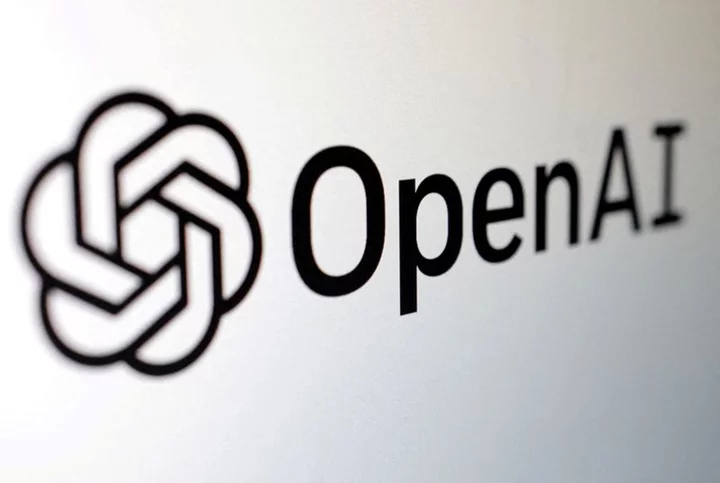
Factbox-Who is OpenAI's interim CEO Emmett Shear?
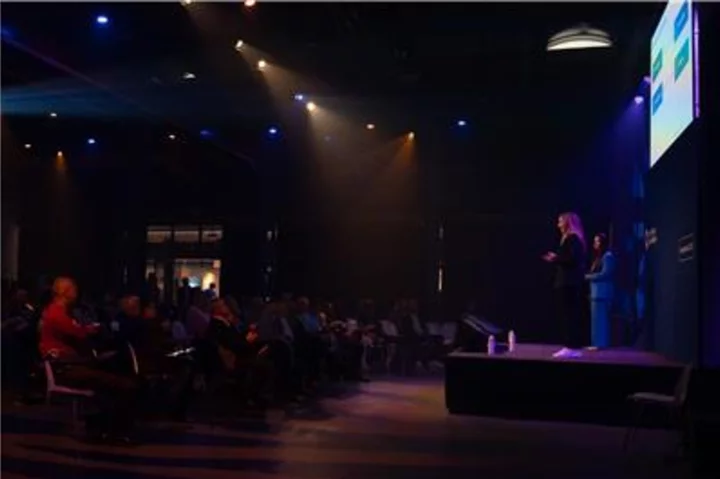
truvami Launches Tiny B2B Tracking Solution for In- and Outdoor Visibility of Assets.

The best eBay Plus Weekend Australia deals – Live now
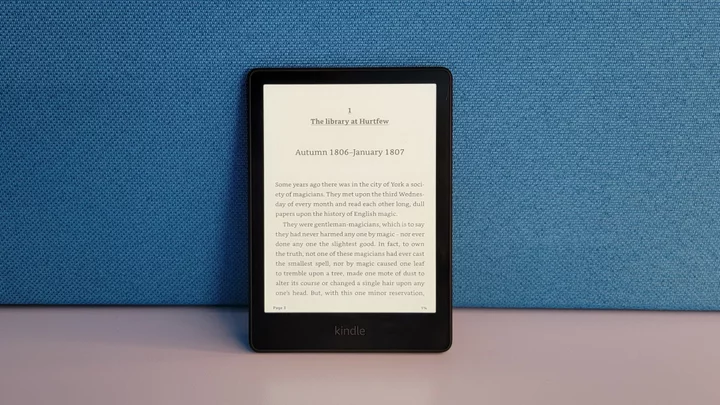
Amazon Kindle Paperwhite Signature Edition Review
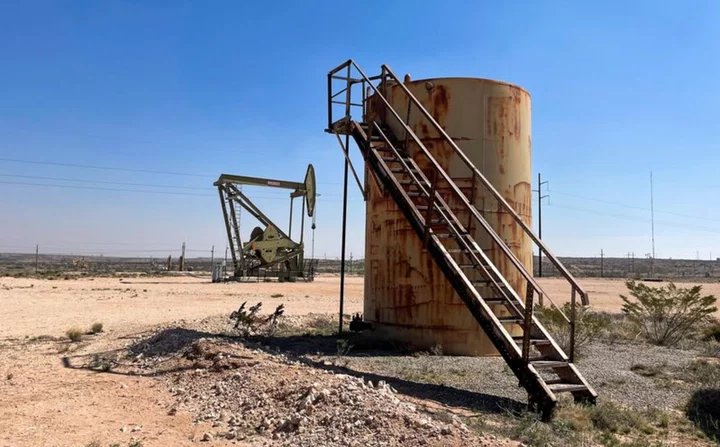
Methane hunters tap new technology to reshape policing of U.S. greenhouse emissions

Vast Advances Utility-Scale Concentrated Solar Thermal Plant as Worley Commences Engineering

Valorant Daydream Bundle: Price, Release Date

New PointsBet NFL Promo: Five $100 Bonus Bets on ANY Game!
